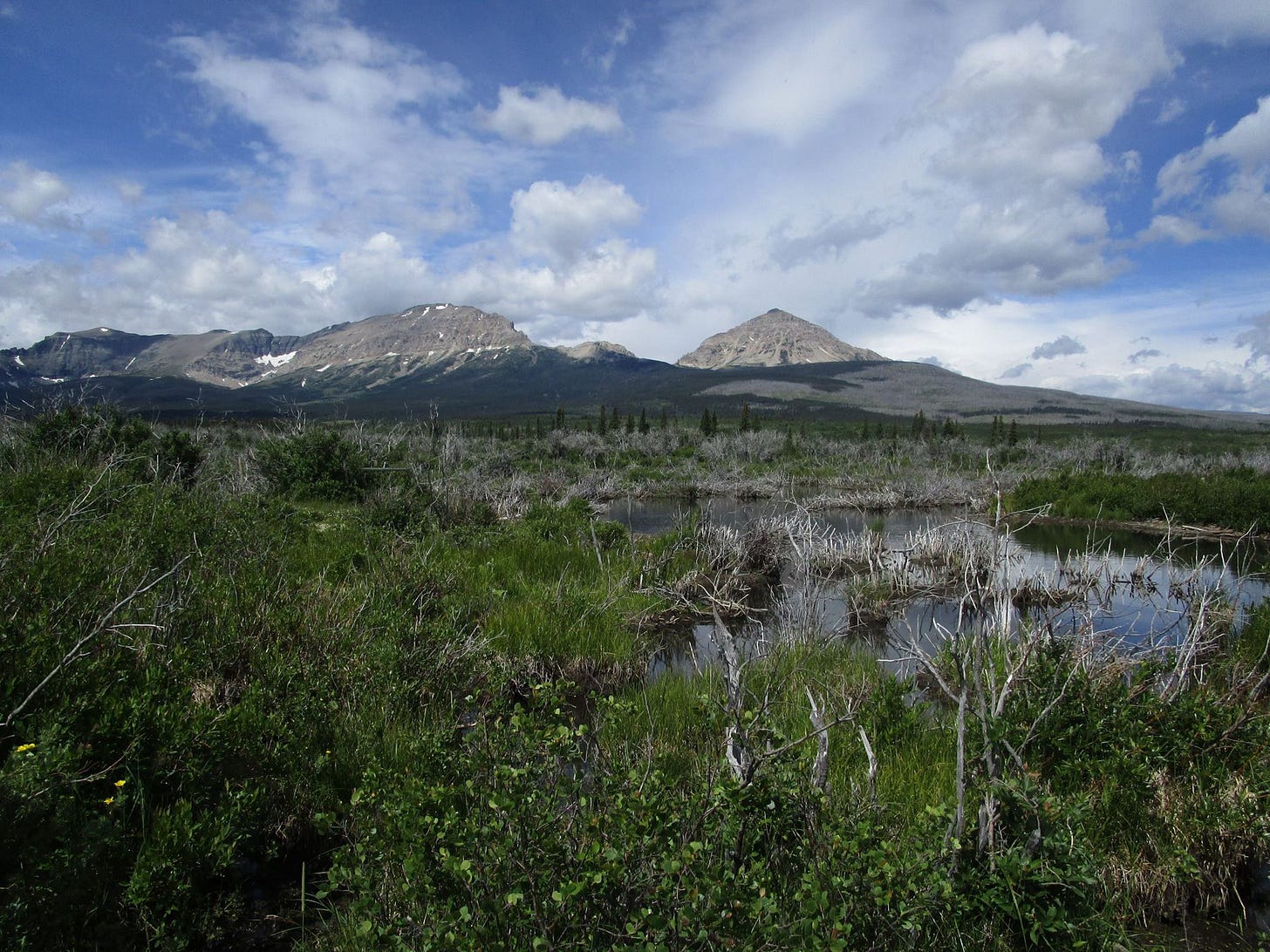About a year ago, I interviewed a Gamilaraay writer and academic about his work. I asked why he wrote. He replied: “sometimes something just gnaws its way out of you…I [write] out of necessity.” Though I’d never expressed it so succinctly, this was exactly how I felt. I write because I need to.
As a child, I filled notebooks with poetry, short stories, comics, film ideas, and reflections on my life. I was shy, and writing was an important form of self expression; it was a way to process and critique the world around me – especially my life as a white passing, mixed Native kid.
In my career as a freelance writer since I was 23 (7 years!), I've published dozens of articles, two book chapters, and done contract writing work for multiple Indigenous health organizations and the Metropolitan Museum of Art. My writing was always stories of others – whether in-depth oral history interviews on Blackfeet food sovereignty or youth suicide, reported stories on tribal court systems or climate mitigation work, or profiles of innovative public health practitioners or artists (like in the new book Artists Remaking Medicine – check it out! ;)). Though my personal and family story has been woven throughout some of my work (and deeply influences my desire to write), my writing thus far has primarily been focused on telling other people's stories. This substack is to start to tell my own.
I’m particularly interested in writing about grief (death, loss, cultural genocide, historic trauma), knowledge (legitimization of knowledge, academia, traditional knowledge learned from relatives, reclaiming Indigenous knowledges), and family (traditions, kinship, communities, childhood).
Here are some initial thoughts.
I think about grief nearly every day.
My childhood was populated by mourning. Many of my strongest memories of family are at funerals, or the hospital before the funeral, or hearing stories of the police station before the funeral. A major holiday on the Blackfeet Reservation is Memorial Day. Blackfeet families decorate the graves of loved ones with flowers, teddy bears, flags, or Virgin Mary statues. As a kid, my family would form a caravan, going to four or five cemeteries on the reservation. We would decorate the graves of people we knew and those we didn’t; those who passed away before any of us had lived.
In middle school, I found out that white kids didn’t go to funerals as frequently as I did. Someone in my orchestra class had to go to a funeral, and it was a huge deal for the entire class. It was the first one they’d been too. I’d been to a few that year already. At the time, I assumed it was because Indians have really big families. It’s also because Indians die sooner.
My college thesis was about death. I interviewed social workers, public health workers, and school counselors on the Blackfeet Reservation about youth suicide. Through these interviews, I identified three specific issues impacting Blackfeet youth: absentee parents, substance abuse, and cultural loss. I also looked at the current preventative work being done on the Blackfeet reservation and access to Western mental health care. I cried frequently throughout my research, and decided I couldn’t keep doing work about suicide. It hurt my heart too much.
Today, I think about death a lot in how it relates to unresolved grief. How historical deaths have deeply impacted how my family relates to each other. How common funerals and murder and suicide is in Indian Country. All humans experience death and loss. Yet colonial death and loss is a different scale. I don’t just mourn my own relatives and elders, I mourn those who died so soon they never became elders. I mourn the compounded grief my family members face when police and courts disregard their pain. I mourn that in the same breath, my great-grandma would say that she had fond memories of boarding school and that her friend died of lye poisoning from having soap in her mouth too frequently.
On November 17, 2015, I created a Google doc and titled it “All I want is for Indians to die of old age.” It was for a poem that I never wrote beyond the title. Perhaps this is the beginning of that poem.
Thanks for reading.
Important links!!!


